Where horses are therapists
Transforming a dude ranch to serve a higher calling: transforming its residents
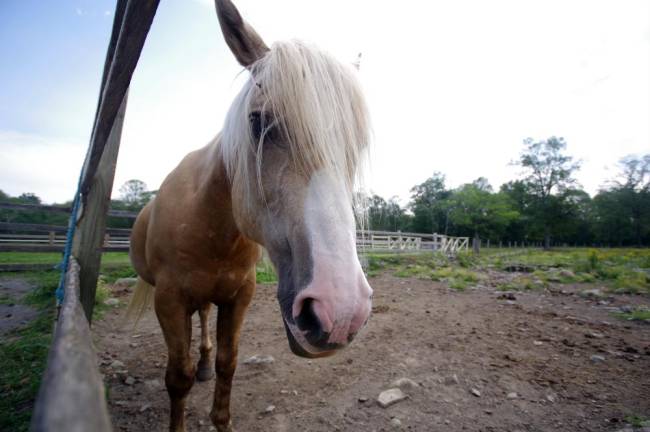
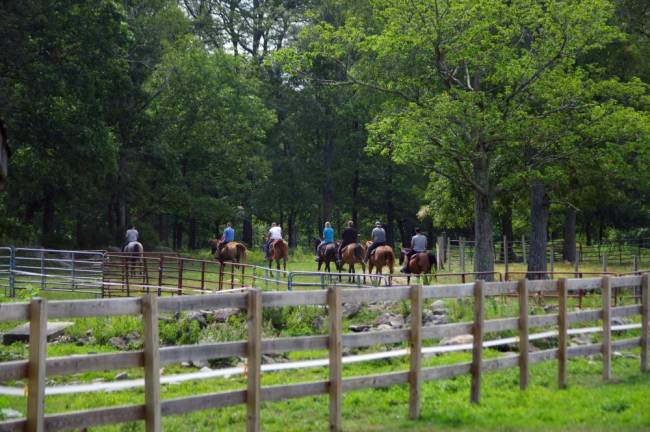
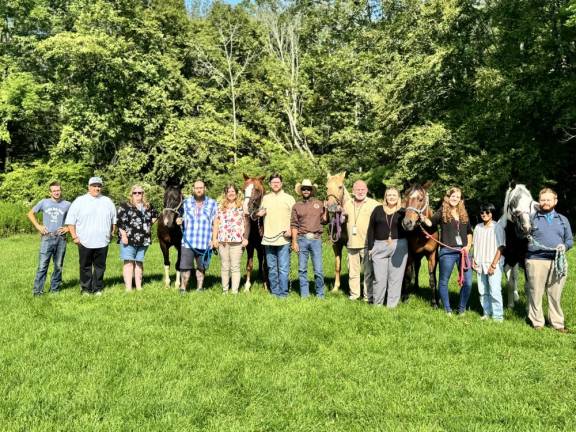
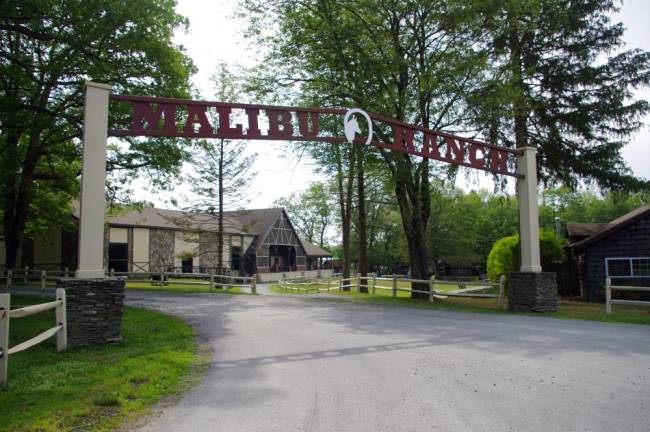
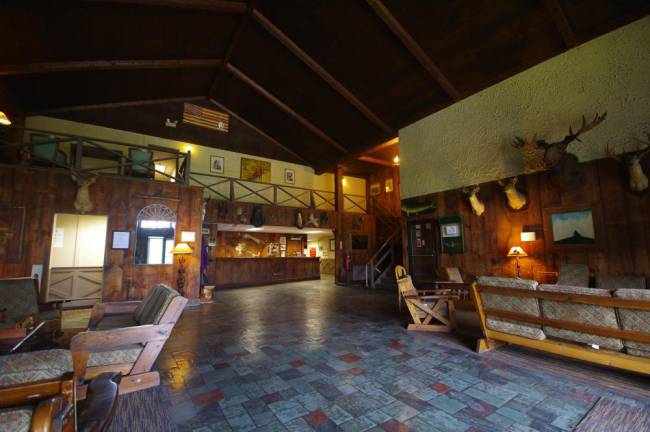
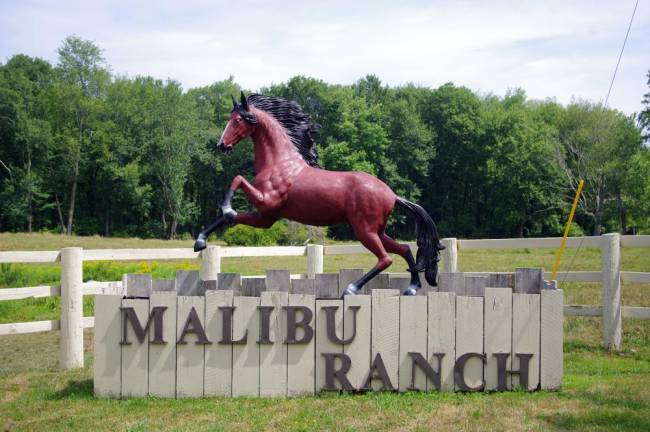
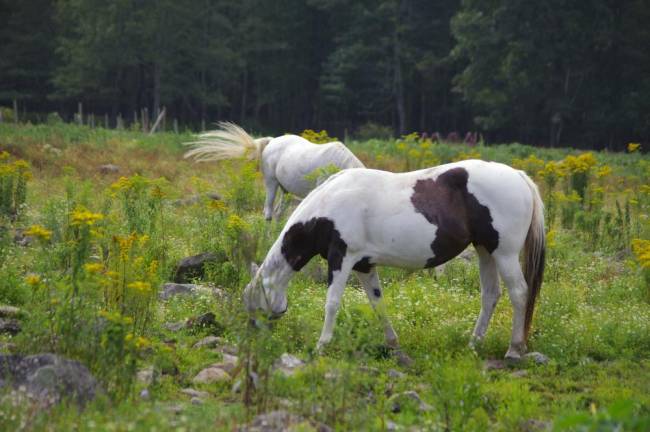
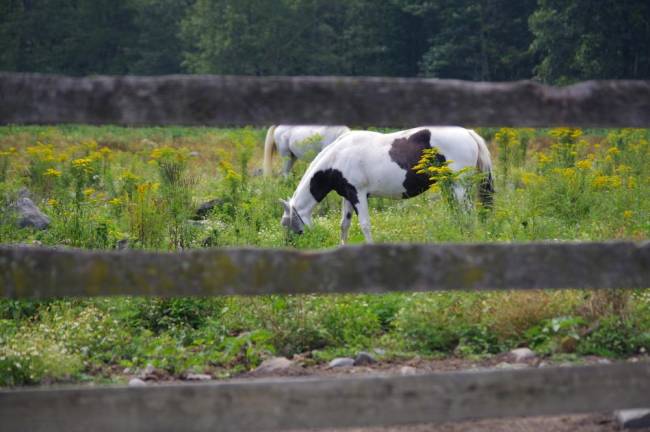
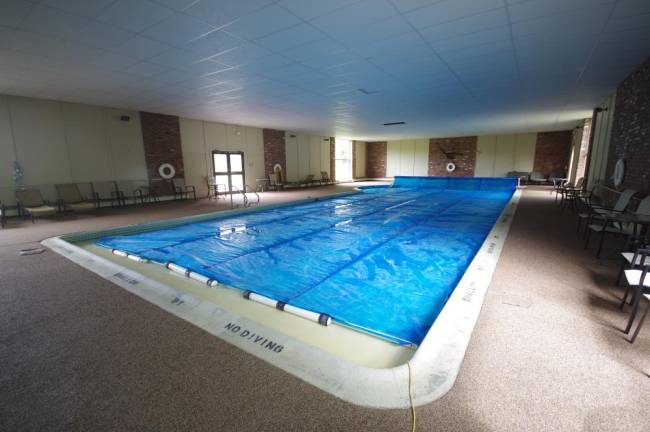
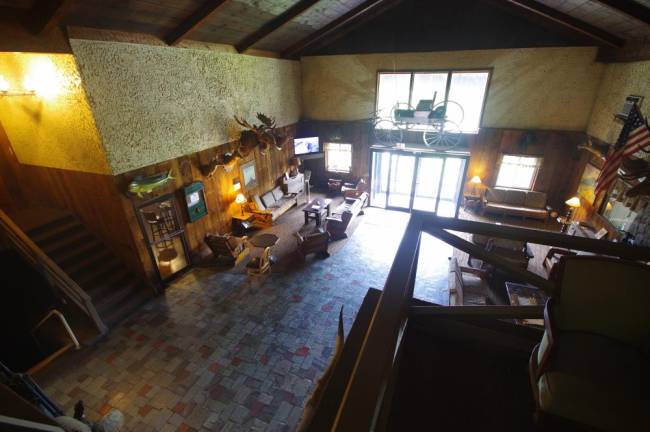
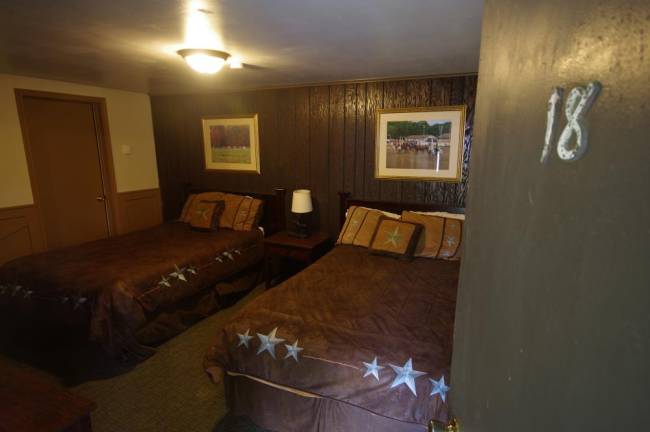

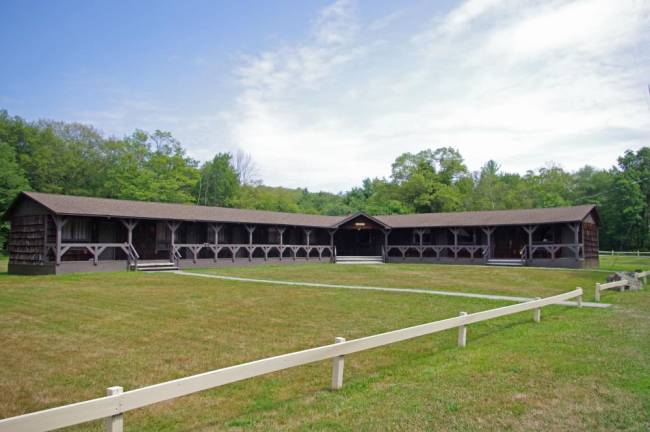
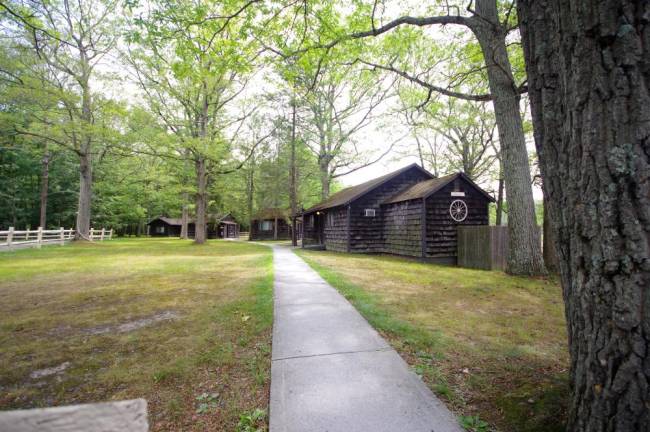

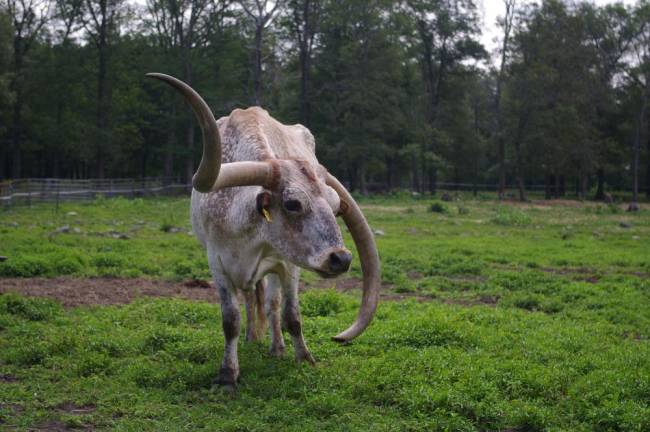
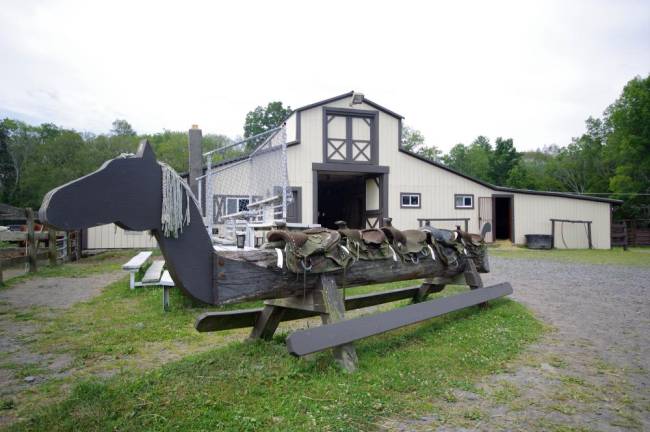
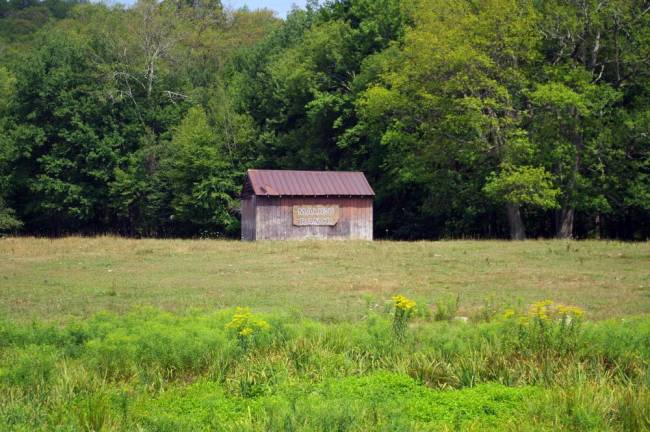

Over the years I’ve written a number of stories about adaptive reuse, often taking the form of property rehabilitations. But the Malibu Wellness Ranch in Westfall, Pennsylvania, established 2019, is the first time I experienced a property that through being rehabilitated, now serves to rehabilitate others.
Decades ago, the property was known as the Malibu Dude Ranch, a Western-style ranch resort. Patrons could experience not only the majestic scenery of the 800-acre wooded mountaintop that surrounded the campus but do so on horseback. Horses featured heavily in the allure of the resort, and some records say that the Malibu Dude Ranch held the title of largest dude ranch on the East Coast.
It was in this incarnation as a dude ranch that Dr. Allan Detweiler, founder of the Wellness Ranch, first experienced the property as a child. He was struggling with some behavioral difficulties, and the calm and joy he found at the ranch, along with the bonds forged with the horses, left a lasting impression. He returned each summer for a decade, and when he and his wife, Phyllis, had daughters, the Detweiler family kept coming to the ranch. When the resort floundered in the 2010s, the Detweilers took it over.
One night in 2017, Allan Detweiler, now a doctor bearing firsthand witness to the ravages of the opioid epidemic, sat up in bed and woke Phyllis with an idea: why not turn the ranch into a long-term recovery center for sufferers of substance use disorder?
On the day of my meeting, I was greeted by Christine Lee, who tends to administrative roles, among many hats she wears at the ranch.
“You were supposed to meet with Tommy today,” she said, referring to Thomas McHugh, chief operating officer at the Malibu Wellness Ranch. “But he’s unfortunately away.” I asked if his absence left big shoes for her as my impromptu tour guide, to which she replied “very big shoes, yes.”
The resort, by and large, has remained intact. The outdoor guest cottages now serve as the male bedrooms, while the female clients reside on the second level of the large main building at the center of the grounds. That building also contains a stately lobby, a great first impression for guests of the former resort and the current wellness center, as well as a dining hall, indoor pool, and a former bar that now serves multiple roles but appears to function foremost as a music therapy space. The former stage area where live performances once took place is neatly transformed into an area for creative music-based therapy and lessons.
“We offer a lot of activities for the clients, beyond the horses,” said Lee, emphasizing the strong music program. “We have group sessions like many other facilities, but also mini golf, hiking.”
The Malibu Wellness Ranch is a stark contrast to how many people probably envision rehabilitation centers. Movies often depict these facilities as grey, sterile and cold – an antiquated portrayal that only adds to the heavy stigmas that permeate the profession. The Malibu Wellness Ranch is none of those things. This property is warm, empathetic and controlled without feeling forcibly constraining.
I inquired how such a place could exist and operate seemingly so smoothly, to which Lee offered a bit of insight: “We ensure that each of our clients can be at the ranch.”
She elaborated, explaining that even if a potential client were an active user, they don’t automatically turn them away. Rather, they offer a detox program at a separate property, and once the individual is clean, they evaluate them. We continue our walk, heading down to the horse stables and grooming area, the tail-swishing, hooved heart of the property. Lee introduced me to a volunteer, Jen, tending to the horses. “I love the horses here. Everyone loves the horses,” said Jen.
Each client is paired to a specific horse for their stay, Lee explained, allowing for the formation of a deep and multifaceted bond between the animal and the client that gives the therapy a strong foundation.
The clients, Jen elaborated, “learn to communicate clearly and have patience with the horses.” The skills of patience, communication and respect that develop between client and horse help people once they leave the ranch, she said.
Growing up on a horse farm myself, I can vouch for the impossible-to-articulate notion that a horse will indeed teach you about yourself, regardless of how well you believe you already know yourself.
Before taking my leave, I sat for a few minutes in the office of Corey Kucker, the ranch’s clinical supervisor. He was proud of the facility, and how he’s seen it grow since it opened five years ago. “I’m really happy that I work at a place that I enjoy being at,” said Kucker. “That’s rare, especially in this field.” His comment is a poignant reminder that beyond the ranch, addiction treatment facilities face endemic difficulties.
As we walked the gravel paths around the property, I asked Lee what she liked best about her job. “Well I really love watching the horses run up the driveway and under the Malibu Ranch sign when we put them out in the field,” she said. The sight occurs almost daily, and everyone around usually stops to watch the herd as they pass through. After a little more thought, she replied with a second answer: “I really like meeting new clients when they first arrive, and then seeing who they have become when they leave.”